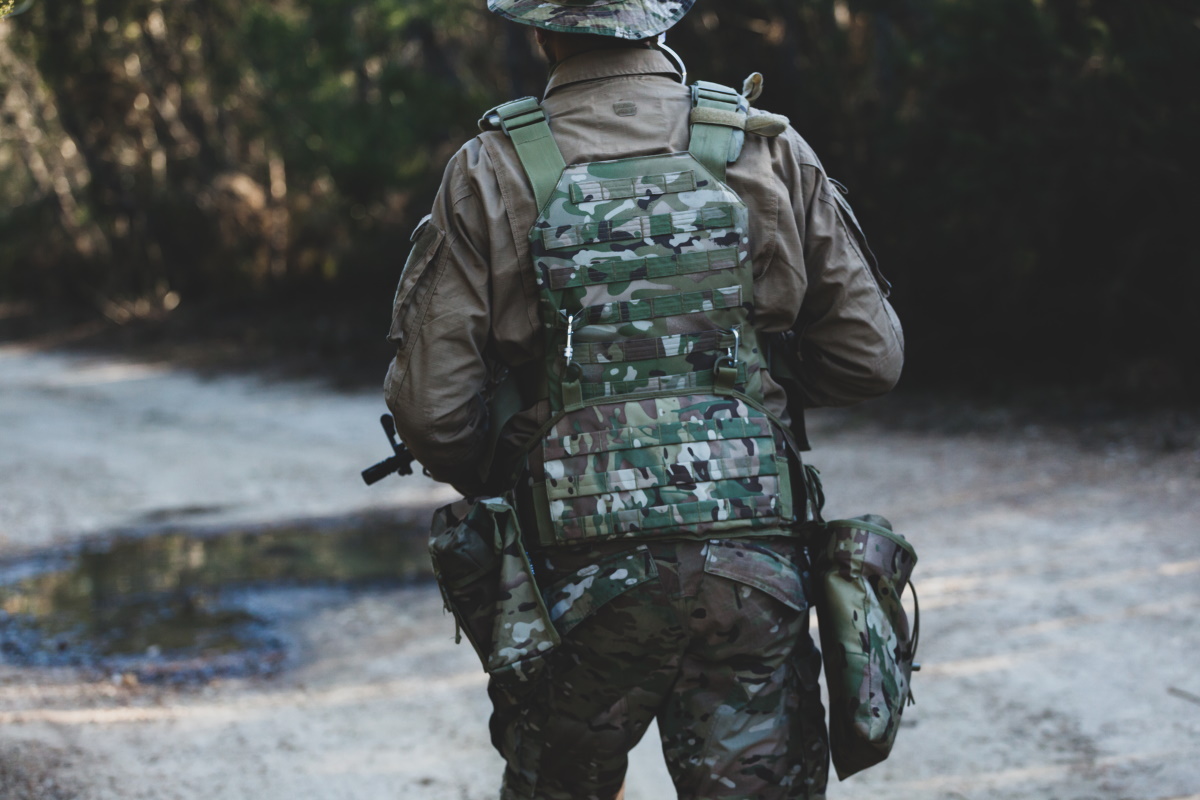Veterans Affairs is launching a new program to reach out to recently separated veterans to inform them about benefits and services offered by the VA. The new program was developed in an effort to help with transition issues and to prevent mental health problems and suicides in veterans.
The Solid Start Program was launched in early December and includes calls from the VA that intend to “help you better understand the benefits available to you and help you get a solid start on your civilian life.”
The Solid Start Program is set to contact up to 200,000 separated veterans each year. The first call can be expected within 90 days of separation from the military to discuss goals and challenges and allows the VA assess which of their services an individual veteran could use.
“During subsequent calls, representatives will follow up with veterans to check on their transition,” officials said about the new effort in a formal statement. “In those calls, the representatives will answer any questions the veterans may have about VA benefits and services, and connect them with valuable resources.”
The call will let veterans know about the free mental health services offered by the VA for separating service members during their first year out of the military.
The program was created in an effort to improve relations between the VA and separated veterans. Researchers have found that the months following military departure are the most dangerous for veterans when it comes to mental health issues and suicidal thoughts or actions. The latest information from the VA shows about 20 veterans and active-duty service members die by suicide daily.
Dr. Heather O’Beirne Kelly, director of military and veterans health policy at the American Psychological Association, called the new program “an important step in helping veterans because it takes a proactive approach in looking for individuals who may be in distress.”
“The suicide rate among veterans the first year after transition to civilian status is particularly high and cuts across all demographic groups and service cohorts,” she said. “Risk is often elevated during times of intense change, and it’s important for VA to reach out instead of waiting for a veteran to make the first contact.”
For information on the program, visit the VA website.
Veterans experiencing a mental health emergency can contact the Veteran Crisis Line at 1-800-273-8255 and select option 1 for a VA staffer. Veterans, troops or their family members can also text 838255 or visit VeteransCrisisLine.net for assistance.
